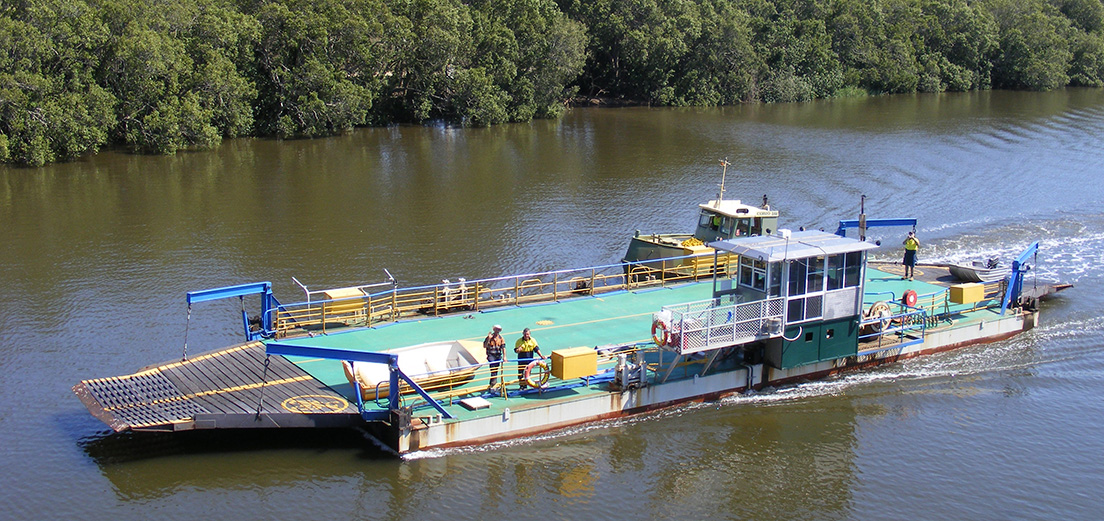- Blood cancers remain among most costly to treat, almost triple the cost of other cancers
- Almost half of Australians living with blood cancer experience out of pocket costs
- Leukaemia Foundation urges Australians to sign up to 25th anniversary of World’s Greatest Shave to help support people impacted by blood cancer
The Leukaemia Foundation is today releasing new research showing the significant financial strain a blood cancer diagnosis is putting on Australians living with the disease. Nearly half (43 per cent) of those diagnosed experienced out of pocket treatment costs totalling hundreds and sometimes thousands of dollars1.
The research also found 42 per cent of patients had to take over three months off work during treatment, 30 per cent had to leave their job and 50 per cent have not yet been able to return to work. Most patients used savings to fund these costs. Some had to sell assets including their house or car to pay for treatment, while others used charity food boxes, and turned to charities like the Leukaemia Foundation to help ease the burden2.
“This year 19,403 Australians will be diagnosed with blood cancer, including leukaemia, lymphoma and myeloma and this figure is set to nearly double by 20353. Many Australians are already doing it tough due to the rising cost of living and this is just another burden that’s being placed on them at a time where they need to focus on their health and getting better,” Leukaemia Foundation CEO Chris Tanti said.
With blood cancer incidence soaring by 47% in the past ten years4, and more Australians than ever needing financial, emotional and practical support, the Leukaemia Foundation is today launching the 25th anniversary of World’s Greatest Shave. The organisation is urging Australians to sign up to shave, cut or colour their hair and raise vital funds to help their fellow Australians experiencing the financial burden of a blood cancer diagnosis and help them beat the disease.
“Today’s research reveals the true cost of a blood cancer diagnosis. Financial hardship can be among the most significant challenges for a person or family impacted by the disease and on top of the emotional, physical and social challenges, many individuals and their loved ones are faced with extremely difficult financial decisions just to survive their blood cancer.”
“With lengthy treatment regimes, persistent symptoms and the threat of relapse, the effects of a blood cancer diagnosis can last a lifetime, affecting survivors of all ages, their loved ones and the wider community,” Mr Tanti said.
Blood cancers remain among the mostly costly cancers to treat, with myeloma and leukaemia accounting for two of the top five costliest cancers5. Myeloma (an incurable blood cancer) costs the health system about $46,000 per individual per year, almost triple the average cost incurred by cancer patients in Australia6. The weighted average out of pocket costs to an individual with blood cancer ranges from $5,000-$11,000, compared with other cancer patients who incur around $2,500 in out of pocket costs7.
The distinctive features of blood cancer mean patients face other hospitalisation and treatment costs, as well as unique or intense lifestyle challenges. Treatment can lead to radical disruptions to patient and family life, often involving long hospital stays and the need to relocate to a capital city to access specialist treatment. Blood cancer patients can also face multiple instances of remission and relapse8.
For 25 years, World’s Greatest Shave has raised vital funds to ensure the 53 Australians diagnosed with blood cancer each day have the right information as well as emotional, practical and financial support to not only survive their blood cancer but live well. It also helps research scientists continue their search for better ways to diagnose and treat blood cancer more effectively. This simply wouldn’t be possible without the incredible fundraising efforts of everyday Australians signing up to shave, cut or colour their hair.








